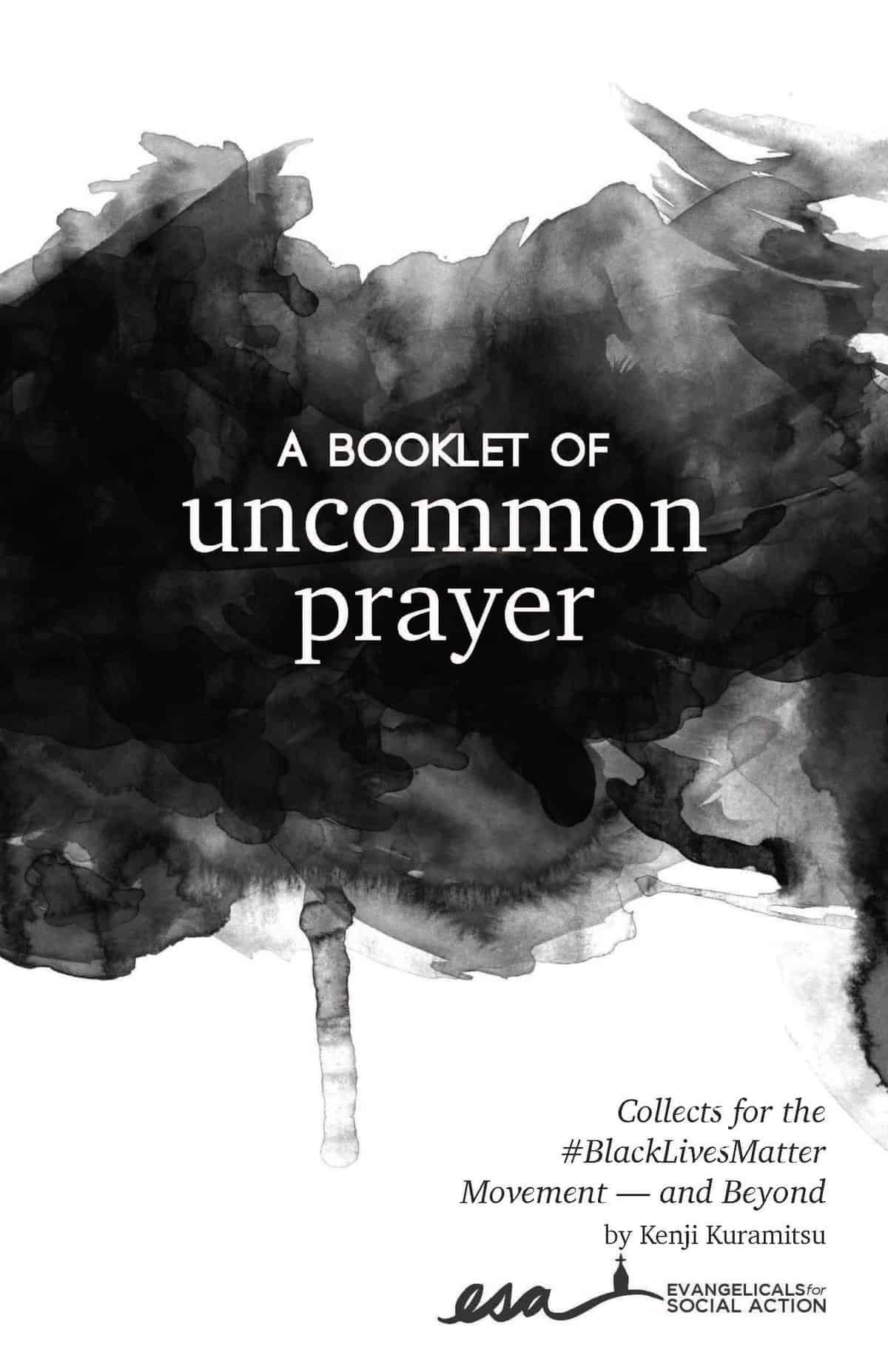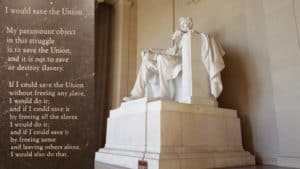
A Booklet of Uncommon Prayer is now available electronically!
To celebrate, we’re reposting Micky ScottBey Jones’s beautiful introduction to these timely and life-giving prayers.
Prayer has been a constant in my life. As a little girl, I would write prayers in my diary that began “Dear God,” and ended “Love, Micky.” As a teenager, I started my journey of following the life and example of Jesus, and since then have filled journals with long praises and petitions, rubbed prayer beads while whispering ancient phrases, lit incense to carry visible prayers into the sky and wept heaving sobs as prayers when that’s all I had to offer. For a long time, my primary focus when it came to prayer was on the idea of developing a “personal prayer life” by praying everyday for the right things in the right ways. I tried faithfully to pray in ways that would please God, and bend God’s ear on behalf of myself and others. And while I prayed in church and gatherings with other Christians, I was taught that private, daily prayer was the most important and powerful kind.
In A Booklet of Uncommon Prayer, my friend Kenji Kuramitsu encourages us to pray together, which I know can feel awkward and tedious and vulnerable. But as he says—what we pray is what we believe. As we work together to co-create a world of more freedom and liberation, those of us who believe in some sort of power and fortification through the practice of prayer must pray individually and collectively for the world in which we dream to live. Through prayer-in-action, we birth a world of freedom, mutuality and flourishing for all—and yet—as Jesus modeled, with special attention to the most forgotten, marginalized and despised. As we pray out loud together, we begin to believe that indeed the Creator dreams of a more just world, and calls us to participate in its birth.
Through prayer-in-action, we birth a world of freedom, mutuality and flourishing for all—and yet—as Jesus modeled, with special attention to the most forgotten, marginalized and despised.
For some time now, Christians have defined spiritual community far more by agreement with a set of shared beliefs than by living together engaging in shared practice. Perhaps prayers like the ones in this book are a way to combine belief and practice. As we pray for an end to the legacies of violence, may it soak in that we must also believe we partner with the divine when we choose to end violence in our own speech and actions. As we pray for the incarcerated to be set free, may we also believe—despite the realities we see—that the cradle-to-prison pipeline can be dismantled and that we hold the tools to do it. And while these prayers will most certainly stir and change you as you pray them alone, the power of collective action is awakened as we pray together—online, in faith gatherings, and wherever two or three or hundreds of us have gathered. As we pray together in community, we begin to believe what we pray and, hopefully, act accordingly.
Kenji and I have a history of collaboration to cause holy disruption—and this little collection is our latest attempt to dip in and trouble the waters of the church, movement spaces and culture. It is our hope that you will take these prayers and use them as a springboard for your prophetic and prayerful imagination. What you will read on these pages may not be the way you usually pray. That’s okay. They may not be a perfect fit for you, or employ the words you use to communicate in your spirit. That’s okay, too. Ultimately, it is our sincere prayer that these prayers are creative sparks to ignite your own holy fire and the words you need when all others are gone.
This is a kairos moment.* This is a rapidly changing and complex time. We must pray without ceasing—as part of our resistance to the evil in our present age. May these prayers be a part of the unceasing prayers of words, marching, dancing, screaming, crying, full-throated song, passionate chants, stories and whispers.
For our ancestors who dreamed of us, for our elders who remind us where we came from, for ourselves who deserve to survive, even thrive, and for our generations yet to come who are dependent on our hope…for all these we pray.
Amen and Ashe**.
Micky ScottBey Jones,
Associate Fellow for Racial Justice at CSA
Micky ScottBey Jones—the Justice Doula—is a womanist contemplative activist, healer, nonviolent direct action organizer and consultant who facilitates conferences, workshops, pilgrimages, retreats and online conversations. She writes and speaks on a variety of topics including healing justice, communal self-care, contemplative activism, intersectionality and theology from the margins. Micky has an M.A. in Intercultural Studies and is an Associate Fellow of Racial Justice with Christians for Social Action. She is the Director of Healing Justice at Faith Matters Network based in Nashville, TN. Micky was named one of the Black Christian leaders changing the world in Huffington Post. You can interact with her work and collaborations at MickyScottBeyJones.com.
*By “kairos moment” I mean the theological concept of “God’s time,” which isn’t necessarily chronological—it is a supreme moment (which can be days, weeks, years) when the Spirit reveals truths about the age we are living in, and provides opportunities to see and join in the movement of grace, justice and creation in the alignment of time and events. The U.S. Civil Rights Movement (approx. 1953-1973) is an example of a kairos moment, and the last several years, with the birth of #BlackLivesMatter, have been identified by many as a new kairos moment.
**Ashe (an English spelling is used here) is a Yoruba word similar to Amen. It is an agreement, a way of
saying “let it be so” or even, simply, “yes.” It also carries the meaning of spiritual or life force. So saying
“ashe” is also adding your spirit and power to whatever you are agreeing with. In a way, it’s like saying,
“Holy Spirit, my spirit agrees—let’s go!” Yoruba is a West African language used by many across the
African diaspora as a means of ceremonial language, solidarity and shared identity.



2 Responses
Super book! I really need a printed copy? Possible? Please advise.
Printed copies are available here: https://christiansforsocialaction.org/myuncommonprayer/